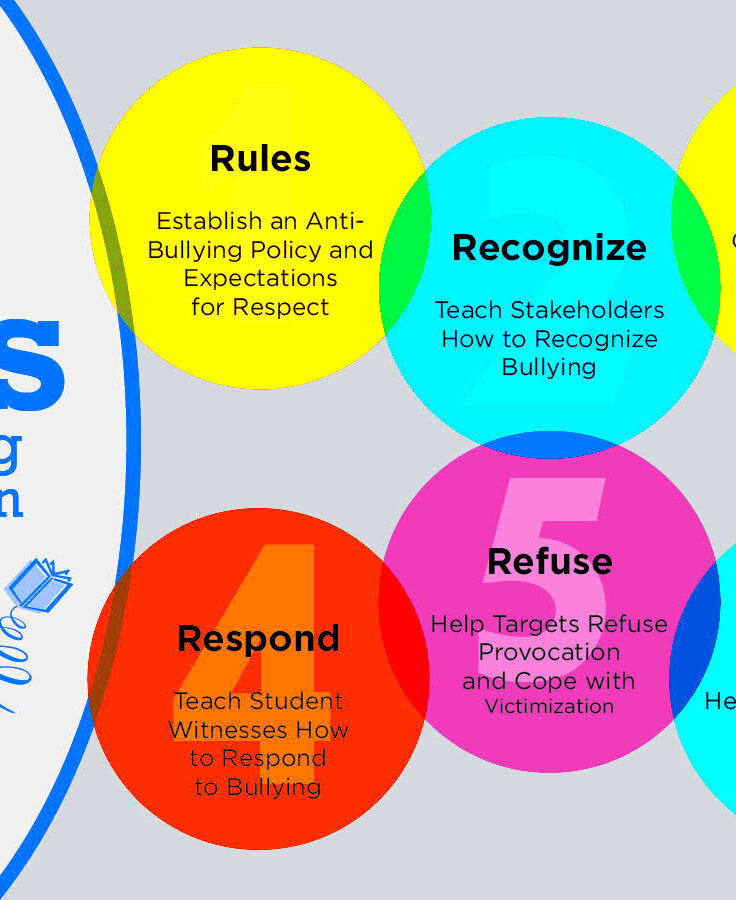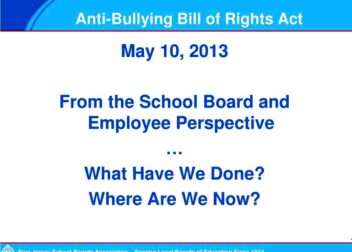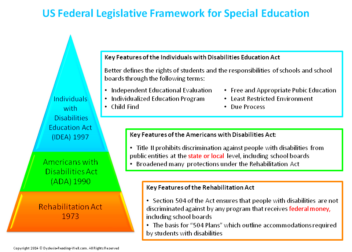School Bullying Prevention Law Revisions in Pennsylvania
School bullying is a significant issue that affects students across Pennsylvania. It involves repeated aggressive behavior among school-aged children and can take many forms, including physical, verbal, and emotional bullying. Understanding the nature and impact of bullying is crucial for students, parents, and educators alike. Bullying can lead to serious emotional and psychological issues for victims, making it essential to address this problem effectively.
Overview of Current Bullying Laws
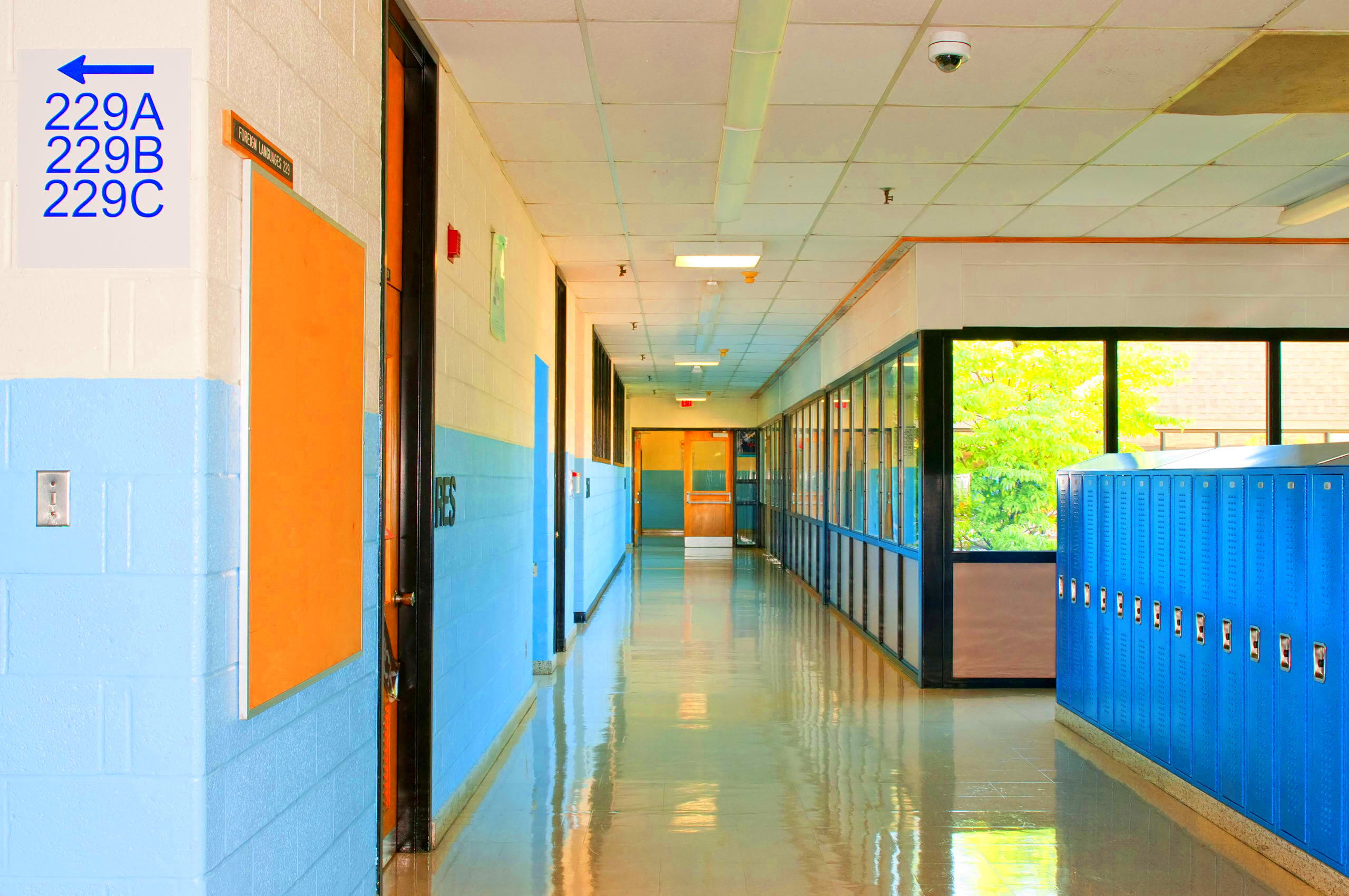
Pennsylvania has established laws aimed at combating school bullying. The primary legislation is the “Safe Schools Act,” which mandates schools to develop policies to prevent and address bullying behavior. Here are some key points regarding current laws:
- Definition of Bullying: The law defines bullying as an intentional electronic, written, verbal, or physical act directed at a student that occurs in a school setting.
- Reporting Procedures: Schools must have clear procedures for reporting and investigating bullying incidents.
- Anti-Bullying Policies: Each school district is required to adopt an anti-bullying policy that includes prevention and intervention strategies.
- Training for Staff: School staff must receive training on recognizing and addressing bullying behaviors.
These laws aim to create a safer environment for students, but implementation and enforcement can vary widely across different schools and districts.
Recent Revisions to Bullying Prevention Laws
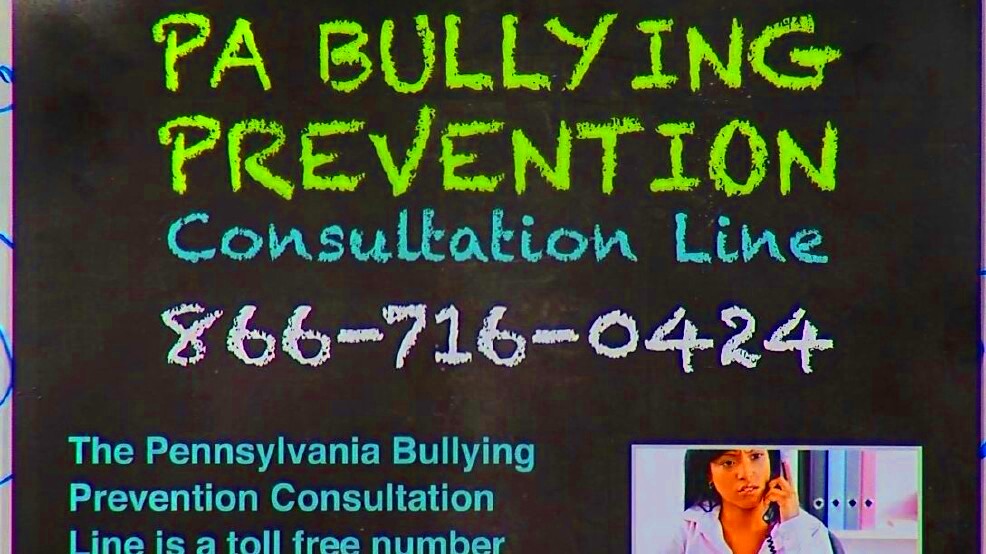
Recently, Pennsylvania has made revisions to its bullying prevention laws to strengthen protections for students. These changes reflect a growing awareness of the impact of bullying and the need for comprehensive strategies. Key revisions include:
- Expanded Definition: The definition of bullying has been broadened to include cyberbullying, recognizing the role of digital platforms in harassment.
- Mandatory Reporting: Schools are now required to report bullying incidents to the state, ensuring better tracking and accountability.
- Increased Support for Victims: Schools must provide resources and support for victims, including counseling and intervention programs.
- Parental Involvement: Revisions emphasize the importance of involving parents in the prevention and reporting process.
These revisions aim to foster a culture of respect and safety within schools, providing clearer guidelines for handling bullying and supporting affected students.
Impact of Revisions on Schools and Students
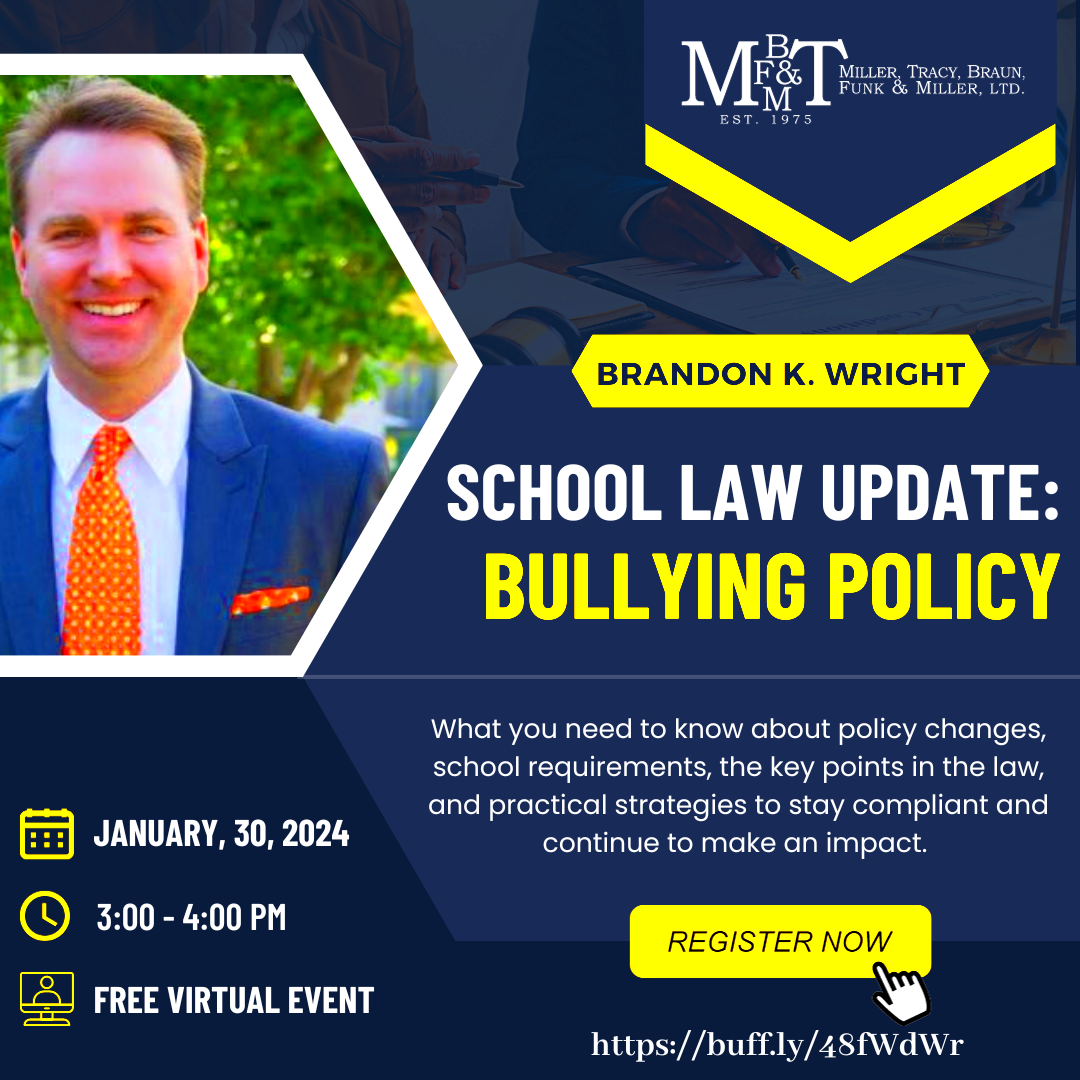
The recent revisions to bullying prevention laws in Pennsylvania have significant implications for both schools and students. By strengthening the legal framework around bullying, these changes aim to create a safer, more supportive environment for all students. So, how exactly do these revisions impact schools and students?
- Increased Accountability: Schools are now more accountable for handling bullying cases. With mandatory reporting, they must document incidents, which can lead to better tracking and understanding of bullying trends.
- Improved Resources: Many schools have begun to allocate more resources towards anti-bullying programs, including counseling services and workshops, which can help students feel more supported.
- Empowerment of Students: The revisions empower students to speak up about bullying. Knowing that schools are required to take action can encourage victims to report incidents rather than suffer in silence.
- Fostering a Positive Culture: With a focus on respect and safety, schools can work towards fostering a positive culture that discourages bullying and promotes inclusivity.
Ultimately, these revisions aim to transform the school environment, making it more conducive to learning and personal growth for all students.
Role of Parents and Guardians in Prevention
Parents and guardians play a crucial role in preventing bullying in schools. Their involvement can significantly influence their children’s behavior and attitudes toward bullying. Here’s how they can make a difference:
- Open Communication: Encourage open discussions about bullying at home. Ask your children about their day and listen to their experiences at school.
- Education: Educate yourself and your children about what bullying is. Understanding the signs can help you recognize if your child is being bullied or is a bully.
- Support: Be supportive if your child is being bullied. Let them know it’s not their fault and that you are there to help them navigate the situation.
- Encourage Reporting: Teach your child the importance of reporting bullying to a trusted adult. This can empower them to take action rather than remain silent.
- Collaborate with Schools: Stay involved with your child’s school. Attend meetings and communicate with teachers about bullying policies and your child’s well-being.
By actively engaging in their children’s lives and fostering an environment of trust, parents can help create a culture where bullying is not tolerated.
Effective Strategies for Bullying Prevention
To effectively combat bullying, schools and communities can implement a range of strategies. Here are some proven approaches:
- Comprehensive Anti-Bullying Policies: Develop clear, well-communicated policies that outline the definition of bullying, reporting procedures, and consequences for bullies.
- Awareness Programs: Organize workshops and training sessions for students, staff, and parents to raise awareness about the impact of bullying and how to prevent it.
- Peer Support Groups: Create peer-led support groups that encourage students to support one another and foster friendships among diverse groups.
- Social-Emotional Learning: Integrate social-emotional learning (SEL) into the curriculum to teach students skills like empathy, conflict resolution, and effective communication.
- Encourage Bystander Intervention: Train students to be proactive bystanders who can intervene safely when they witness bullying behavior.
Implementing these strategies can create a more positive school climate and significantly reduce the prevalence of bullying, making schools a safer place for everyone.
Resources for Students and Schools
Access to the right resources can make a world of difference in combating bullying. Both students and schools need tools and support systems to effectively address bullying situations. Here’s a list of valuable resources available for students and schools in Pennsylvania:
- National Bullying Prevention Center: This organization offers a wealth of resources, including tips for students, parents, and educators, as well as anti-bullying campaigns that schools can adopt.
- StopBullying.gov: A government website that provides information on what bullying is, its effects, and how to prevent it, along with resources for reporting incidents.
- Local Counseling Services: Many communities offer counseling services specifically designed for bullying victims. These professionals can provide emotional support and coping strategies.
- School-Based Programs: Some schools implement programs like Peer Mediation and Anti-Bullying Clubs, where students can learn conflict resolution skills and foster a supportive environment.
- Hotlines: Students can reach out to hotlines such as the National Suicide Prevention Lifeline (1-800-273-TALK) for immediate support if they are feeling overwhelmed.
By utilizing these resources, students can find the help they need, and schools can create more robust anti-bullying initiatives.
Frequently Asked Questions
It’s natural to have questions about bullying and the laws surrounding it. Here are some common queries that students and parents may have:
- What constitutes bullying? Bullying is any repeated aggressive behavior that involves an imbalance of power, whether physical, verbal, or emotional.
- What should I do if I witness bullying? If you see bullying, report it to a teacher or school staff member immediately. It’s important to intervene safely.
- Can schools punish students for online bullying? Yes, if online bullying affects the school environment, schools have the right to take disciplinary action.
- What are the signs that my child is being bullied? Look for signs like withdrawal from friends, changes in behavior, or physical injuries that your child can’t explain.
- How can I support my child if they are bullied? Listen to their experiences without judgment, reassure them it’s not their fault, and work together to report the bullying.
Addressing these questions can empower parents and students to take proactive steps against bullying.
Conclusion
School bullying is a complex issue that requires collective action from students, parents, educators, and the community. The recent revisions to Pennsylvania’s bullying prevention laws represent a significant step toward creating safer school environments. By understanding the impact of these changes, involving parents in prevention efforts, and implementing effective strategies, we can work together to combat bullying. Accessing available resources ensures that both students and schools have the necessary support to tackle this issue head-on. Let’s foster a culture of respect and kindness, making schools a safe haven for all students.
